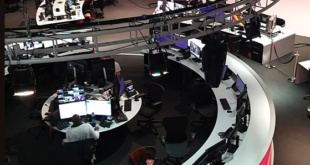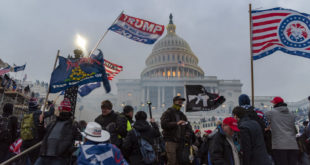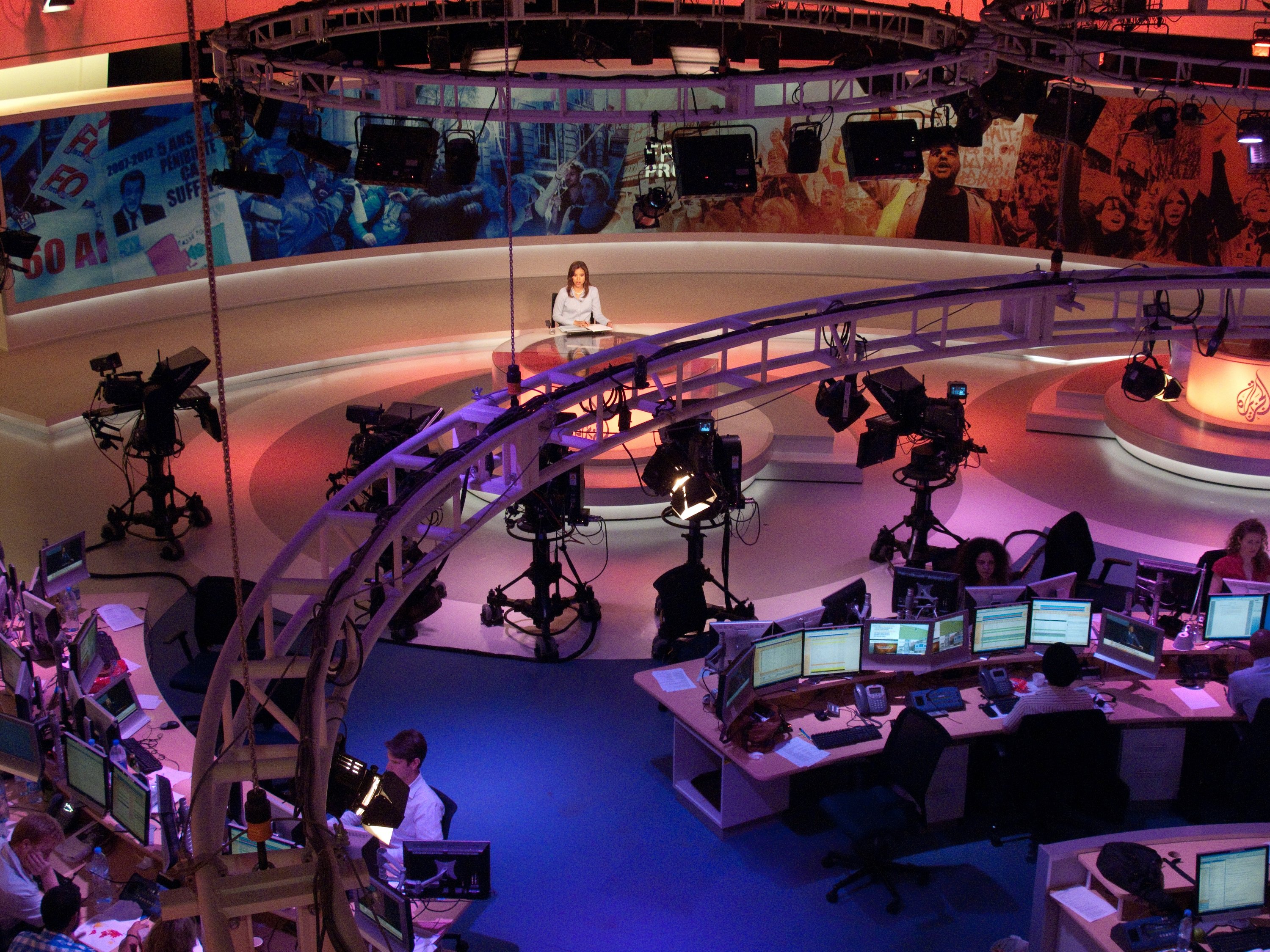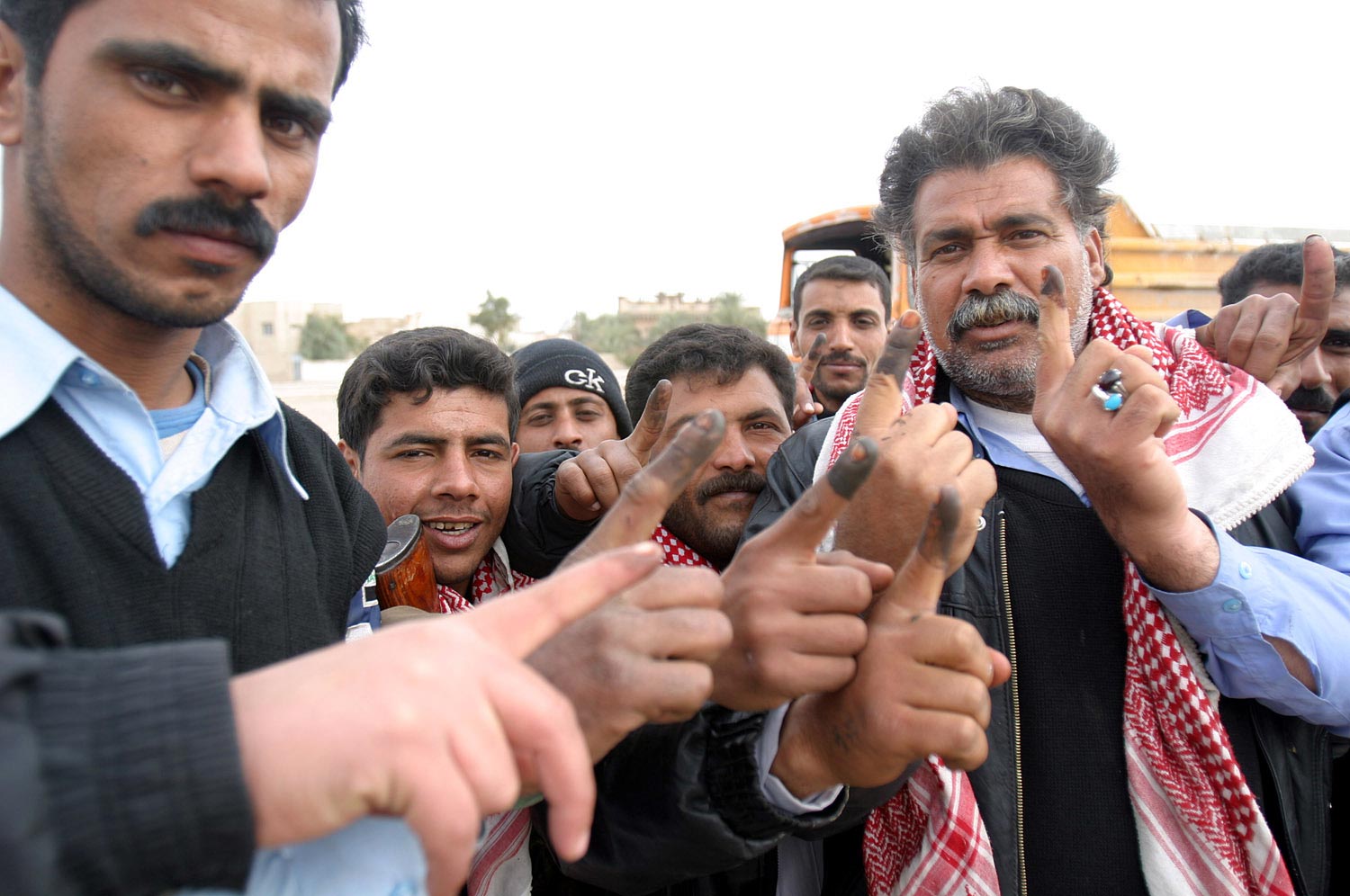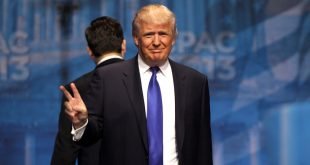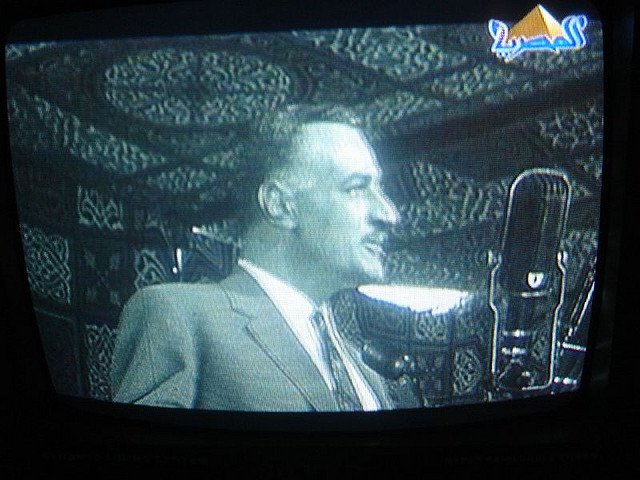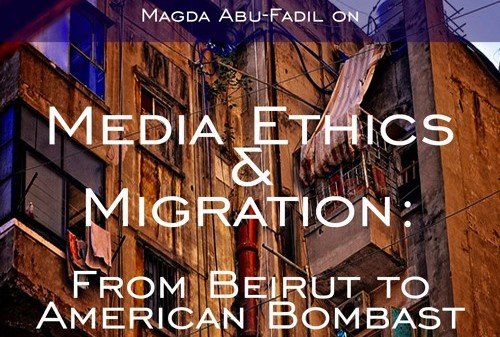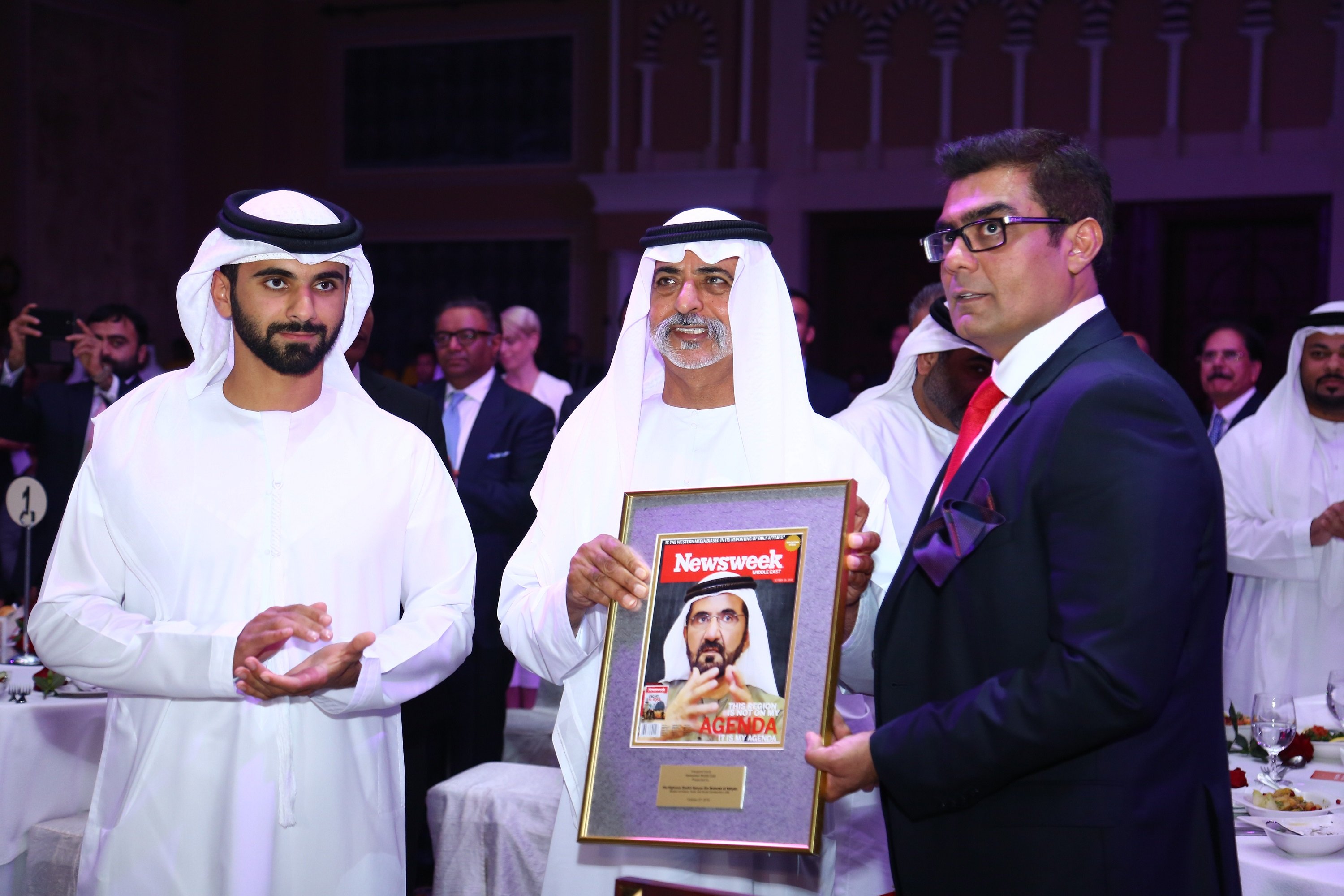Issue 32, summer/fall 2021 https://doi.org/10.70090/FR21WMDS In contemporary conflicts, knowing the enemy—the first lesson in any war—has become elusive. With fewer boots on the ground, less interstate conflict, and more fractured and violent terrorist factions, knowing exactly who one is fighting has become increasingly difficult. Accordingly, information warfare, the control of …
Read More »Book Review | Routledge Handbook on Arab Media
First Edition - Edited By Noureddine Miladi, Noha Mellor (Routledge, 2020) The Routledge Handbook on Arab Media is an encyclopedic depiction of the history, roles, models of ownership, and regulations of print, broadcast, and online media in 20 Arab countries out of the 22 Arab countries represented in the Arab …
Read More »Factors Influencing Public Attitudes toward Paid Online Newspaper Subscriptions- A Field Study (Arabic)
Issue 30, summer/fall 2020 https://doi.org/10.70090/EBD20FIP Scroll down for the Arabic abstract. Abstract Despite the implementation of new business models in several Western media organizations, most Arab newspapers have not yet explored these models, and little is known about public attitudes towards their willingness to pay for online news. The study …
Read More »Regional Media Debate the Strength of American Democracy
For a region that has had to deal with the aftermath of decades of U.S. intervention, occupation and punishing sanctions under the banner of democracy and human rights, the live pictures of American pro-Trump rioters storming the U.S. Capitol were nothing short of astounding. Public ridicule and scorn came fast …
Read More »Al-Jazeera’s relationship with Qatar before and after Arab Spring: Effective public diplomacy or blatant propaganda?
Issue 24, summer/fall 2017 https://doi.org/10.70090/ZAN17DBP Abstract Since its foundation in 1996 until the Arab Spring uprisings in 2011, the Qatar-based and funded channel, Al-Jazeera, was considered by many media and politics scholars as a major element of a “pan-Arab public diplomacy” and even a “virtual state.” The main reasons behind …
Read More »Mediated Policy Effects of Foreign Governments on Iraqi Independent Media During Elections
Issue 24, summer/fall 2017 https://doi.org/10.70090/MAA17IIE Abstract I use the term mediated policy to refer to messages about Iraq sent by international news media outlets of foreign governments during the Iraqi parliamentary elections of 2010, and I hypothesize that US Mediated Policy, Iranian Mediated Policy, and Saudi Mediated Policy are three latent constructs interacting …
Read More »PODCAST | Anxious Observers, Unlikely Allies
In this edition of the Arab Media & Society podcast, Managing Editor Sarah El-Shaarawi speaks with Dr. Abdel Monem Said about how regional leaders and the Arab media have reacted to the US presidential elections. Said explains that while reactions have been mixed, many have responded positively to the prospect of a …
Read More »Arab Media: From Decolonization to Arab Spring
Arab media has been a powerful tool in the hands of Arab states since the decolonization period. The Nasser regime used radio, television and print media to mobilize support for Egypt’s Non-Aligned and Pan-Arab foreign policy, and apply methods of mass media propaganda developed in Europe, establishing a model for …
Read More »PODCAST | Media Ethics & Migration: From Beirut to American Bombast
Veteran journalist Magda Abu-Fadil speaks with us about how the migration crisis has been covered in Lebanese media and beyond, and issues of media ethics in the Arab world. Magda Abu-Fadil brings years of experience as a foreign correspondent and editor with international news organizations such as Agence France-Presse and United Press International. She is director of Media Unlimited.
Read More »Newsweek Lands in the Middle East
Last week a Middle East version of veteran American publication Newsweek was launched by the Dubai-based Pakistani broadcasting company ARY Digital Network. This marks the eighth international edition of the 82-year-old publication. We speak with senior deputy editor Leila Hatoum about the new venture. (Arab Media & Society)
Read More » Arab Media & Society The Arab Media Hub
Arab Media & Society The Arab Media Hub

